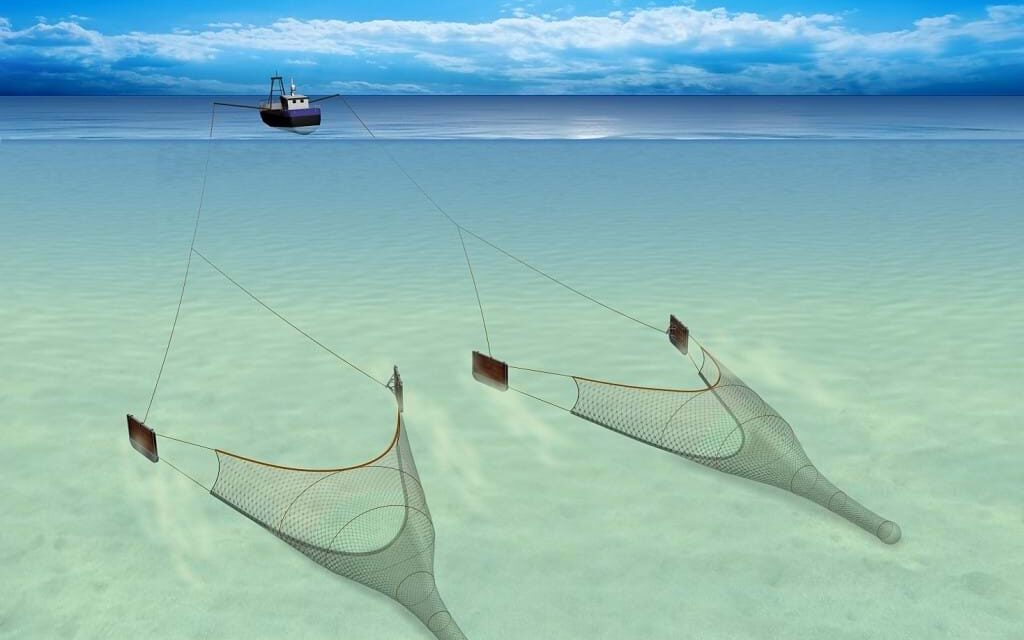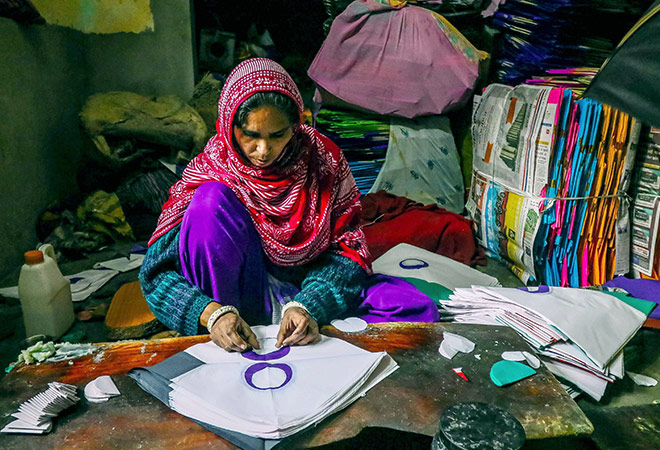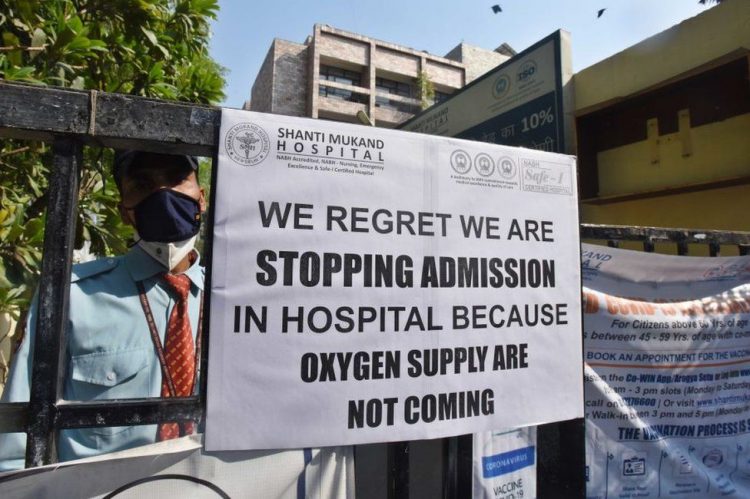Tamilnadu government fisheries department aided by the local police commenced the crackdown and on Sunday 48 fishing boats were booked for using pair trawling nets. Four tonnes of fish were seized from the fishermen during the search operation.
According to government sources Tamil Nadu fisheries department will book fishermen and boat owners who use pair trawling nets under the Tamil Nadu Marine Fish Regulations Act.
The fishermen at Rameswaram have been demanding stringent action against boat owners and fishers who are using pair trawling nets which they say are eroding the sea wealth.
The pair trawling fishing nets are banned in the country, but the traditional fishermen have been conducting protests in Rameswaram and other coastal towns of Tamil Nadu that the practice was rampant among the mechanized fishing boats.
R. Arumukhan, a traditional fishermen association leader in Rameswaram told IANS,
“More than 250 mechanized boats are using pair trawl nets on a daily basis here. This means two boats or a single pair of boats occupy around 180- 200 m of sea area while trawling and this has led to a depletion of squid and crab in the area.
“Traditional fishermen like us are not able to fish in the waters. Also, the government has banned this practice and after a series of protests and complaints by us, the fisheries department has finally commenced a crackdown.”
The fisheries department, according to sources, will continue the crackdown on pair trawlers in Rameswaram and other coastal towns.
The department is planning a massive awareness campaign across the state against this practice of fishing.
It is to be noted during March 2020 Fishermen from Rameswaram have petitioned the director of fisheries, G S Sameeran, about the inferior quality boats that were supplied to them under the visionary ‘Blue Revolution’ scheme of the Union government.
The scheme, under the department of animal husbandry and dairying, aims at increasing fisheries production and productivity from aquaculture and fisheries resources.
General secretary of the Tamil Nadu – Pondicherry Fishermen’s Federation, N J Bose said the scheme was an outstanding one which aimed at promoting and encouraging deep sea fishing.
Fishermen are given a subsidy of Rs 40 lakh by the central government, Rs 16 lakh by the state government, while they had to contribute Rs 24 lakh to purchase a mechanised boat.
However, apart from the Rs 80 lakh for each boat, fishermen have to spend another Rs 50 lakh for infrastructure, nets, manpower etc.
“Thus, this is a scheme from which only rich fishermen can benefit, and the subsidy should be increased if all are to benefit,” he said.
So far, the fishermen from Rameswaram have been supplied with 22 boats, of which 16 are from the Cochin Shipping Yard. Five of these boats had been fitted with inferior engines of 140 HP when an mechanised boat would require a 200 HP motor for smooth operations.
Those whose boats were fitted with the inferior motors were spending much on repair. John Keter, a fisherman who possessed one of these boats, got stranded 170 nautical miles away from the shore and it took him six days to reach the shore, with mechanics guiding him with the help of satellite phones.
These engines were also consuming more fuel and emitting black smoke that engulfed the entire boat. Bose himself had got a boat with an inferior motor and asked the manufacturers to replace it, but it was still to be attended after two months.
“They delay the process, but I have to repay the interest for the loan I obtained for the boat, and this is an additional cost for me,” he said.









